Search
Summary 
Loading AI-generated summary based on World History Encyclopedia articles ...
Search Results
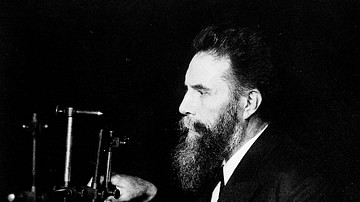
Article
Discovery of X-Rays
The discovery of X-rays – a form of invisible radiation that can pass through objects, including human tissue – revolutionised science and medicine in the late 19th century. Wilhelm Conrad Röntgen (1845-1923), a German scientist, discovered...

Video
Prize amphora showing a chariot race
Chariot-racing was the only Olympic sport in which women could take part, as owners of teams of horses. Kyniska, a princess of Sparta, was the first woman to win the Olympic crown in this sport. British Museum curator Judith Swaddling describes...
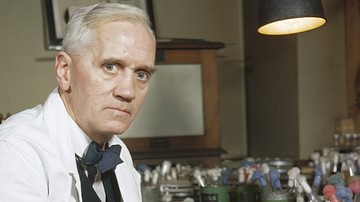
Article
Discovery of Penicillin
The age of antibiotics began in September 1928, with the discovery of penicillin by Alexander Fleming (1881-1955), then a professor of bacteriology at St. Mary's Hospital in London. Previously there were no effective treatments against a...
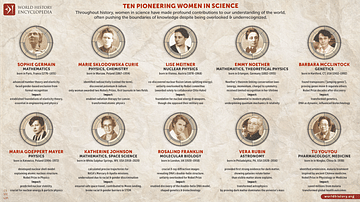
Image
Ten Pioneering Women in Science
Throughout history, women in science have made groundbreaking discoveries, often pushing the boundaries of knowledge despite being overlooked and underrecognized. Many of their contributions have reshaped entire fields, from mathematics and...
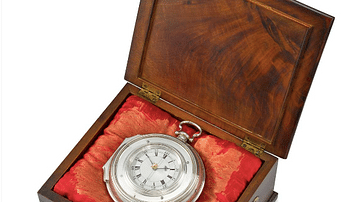
Article
Harrison's Marine Chronometer
John Harrison (1693-1776) invented an accurate marine chronometer after several decades of research and development. While the pendulum clock had already been invented in the 17th century, a clock that could withstand the vagaries of the...
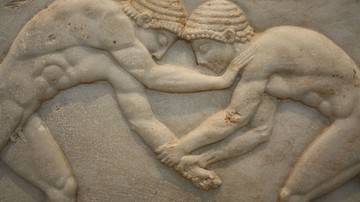
Definition
Ancient Olympic Games
The ancient Olympic Games were a sporting event held every four years at the sacred site of Olympia, in the western Peloponnese, in honour of Zeus, the supreme god of the Greek religion. The games, held from 776 BCE to 393 CE, involved participants...
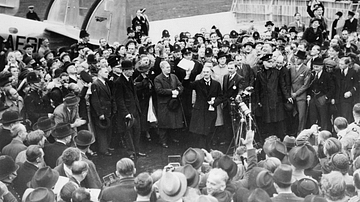
Definition
Munich Agreement
The Munich Agreement, signed on 30 September 1938 at the Munich Conference attended by the leaders of Britain, France, Italy, and Germany, handed over the Sudetenland of Czechoslovakia to Germany in the hope that this act of appeasement would...
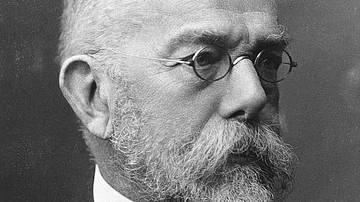
Image
Robert Koch
Portrait of Robert Koch (1843-1910), published in 1907 in Les Prix Nobel.
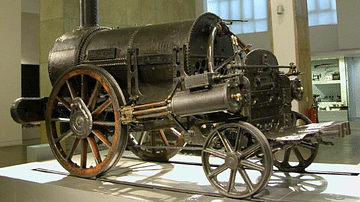
Definition
Stephenson's Rocket
The Rocket was a pioneering steam-powered locomotive invented in 1829 by the British engineer Robert Stephenson (1803-1859). For a cash prize, extensive competition trials were held to find the best locomotive in the Rainhill Trials. Rocket...
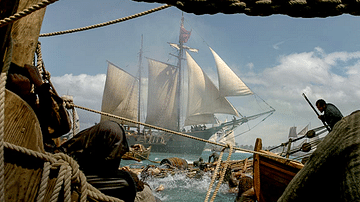
Definition
Edward England
Edward England was an Irish pirate who operated in the Caribbean, the Eastern Atlantic, and the Indian Ocean between 1717 and 1720 during the Golden Age of Piracy (1690-1730). Captain England’s successful but brief pirate career came to an...